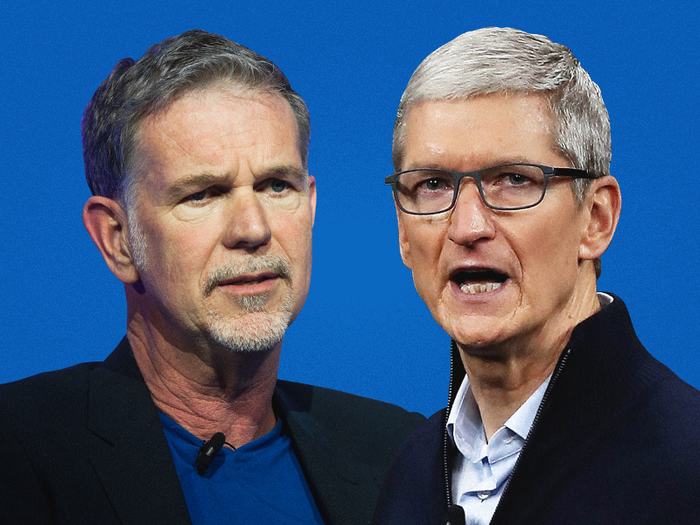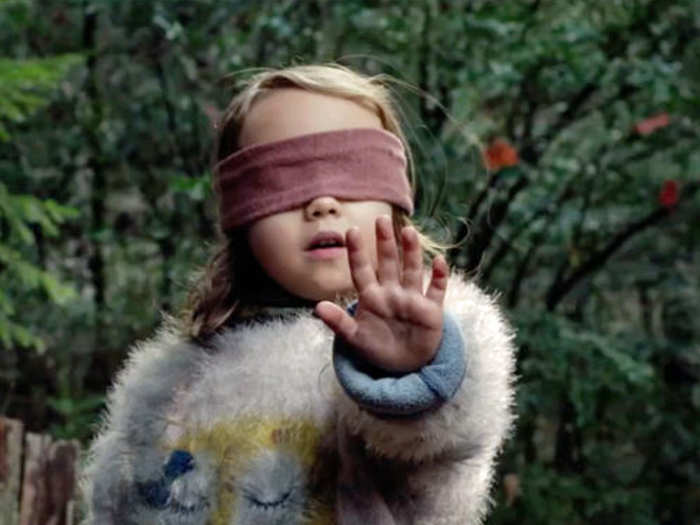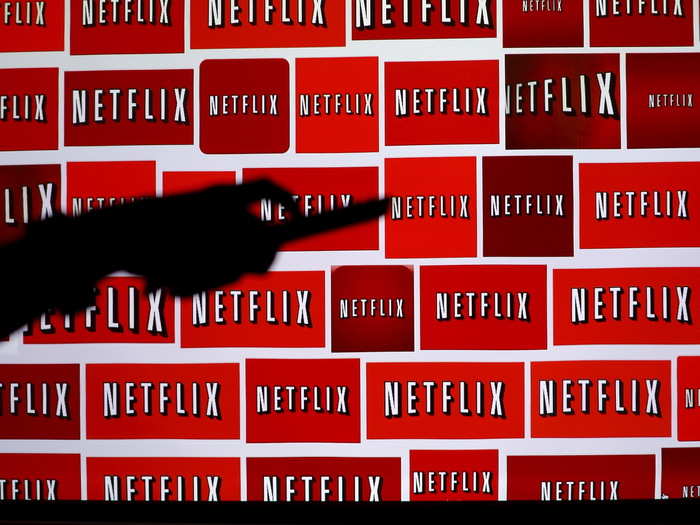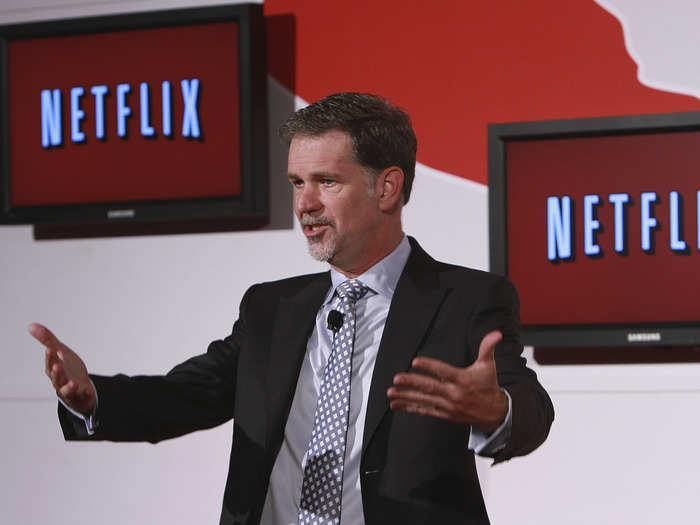- Home
- slideshows
- miscellaneous
- We asked the biggest Netflix bull and bear on Wall Street the same 5 questions. Here's what they said about the streaming giant's cash burn, competition, and what the other side is getting wrong.
We asked the biggest Netflix bull and bear on Wall Street the same 5 questions. Here's what they said about the streaming giant's cash burn, competition, and what the other side is getting wrong.
Boil your investment thesis down to one sentence.

We know the streaming service space has become crowded. Netflix said in its last shareholder letter that its focus "is not on Disney+, Amazon or others, but on how we can improve our experience for our members." Now, how concerned are you about Apple's push into streaming?

Wlodarczak (Bull): "I'm not very concerned. One of the things you've seen with the big tech companies which is other than Amazon, which has done a phenomenal job moving into other business lines, most of these companies' attempts to move out of their core business have been a disaster.
You remember Google+ and their attempt to go after Facebook. Apple has literally been thinking about doing TV and getting into TV for at least 20 years. They just never have, and I think they're sort of a day late and a dollar short.
That being said, you can always step back and say, a company with that much cash, they can get into anything. They could over-build the US with fiber, if they wanted to do. The reality is, I think it's pretty unlikely."
Macker (Bear): "Apple, specifically, could be a very strong competitor. However, we haven't seen a sustained push from the company into the space."
He added that there are "a lot of stories about Tim Cook and other executives sort of meddling within content creation; we think one of the other problems is that Apple may not want more adult or violent or sexually charged content to fall under the Apple banner.
I think Apple could be a strong competitor, but right now, absent any changes in their motivation and their willingness to spend, we don't see this as a near-term competitive threat."
He continued: "Nowadays, there are just more and more choices of what we can put on that screen, whether it's on the TV, at a movie theater, on our cell phone, on our tablet, or on our computer. Netflix and everybody else in the media space and video game space, and Facebook, YouTube, all these guys, are all competing for that screen time."
Netflix said in the fourth-quarter its negative free cash flow rose to $1.3 billion and that for the year it saw a $3 billion cash burn. How concerned are you about the company's burn rate?

Wlodarczak (Bull): "The company is growing like a weed. The company is purposely investing in more and more content, more and more localized content. If Netflix wanted to, I think tomorrow they could generate massive amounts of free cash flow.
Just slow the growth in spending on content. So you've got the launch of new markets, you've got a deliberate strategy to invest in more and more content. And until their subscriber growth appreciably slows, the strategy is working."
Macker (Bear): "I think that's a concern generally with the company. They expect to burn another $3 billion this year. While the company is talking about an inflection in 2020, we've heard similar stories in the past about changes in behavior; one of the keys to Netflix's success has been the ability to add new content and keep that content machine going.
As the company moves more and more to second- and first-party content, it's going to continue to need to spend on that, and their ability to get leverage on that is one of the things that we think a lot of bulls on the name are overestimating."
How concerned are you about what might happen to subscriber growth amid a broader economic slowdown?

Wlodarczak (Bull): "Netflix is a super cheap entertainment alternative. It just is. A cable bill, DirecTV, could be $100, so if anything, I think you see an increased migration to something like Netflix because it's such an inexpensive alternative. In an economic downturn, I think there probably is an element of increased password-sharing.
I think Netflix should probably have an additional, rougly, 13 million customers, if you include people that are password-sharing, or are on somebody's account. That may be an opportunity for Netflix, over time, if they can develop ways to kind of claw those people back."
He added: "I think in a time of economic weakness, I would think, if you're the cheapest entertainment alternative, you're going to be fine. If anything, it will accelerate the decline of paid-TV."
Macker (Bear): "Netflix, like the cable subscriptions that we've seen in the past, is one of those things that, it's a relatively cheap thing to hold onto. I'm not necessarily worried about that in a downturn. You still need entertainment in a downturn, and Netflix, or the paid-TV subscriptions or Hulu or Amazon is a relatively cheap version of that versus going out to dinner or going to the movie theater these days.
I wouldn't be concerned about that in terms of — people still need entertainment, and I think Netflix or your cable sub, given the amount of hours of entertainment on both of those, are one of the last things to get cut."
What would cause you to reverse your view on the stock?

Wlodarczak (Bull): "The key to Netflix is subscriber growth. So if something changed appreciably in the trajectory of subscriber growth, for whatever reason, where it slowed dramatically — and I'm not really sure why that would actually happen, it doesn't really make a lot of sense.
But if you saw a real significant slowdown, because they're spending all of this money on content, and they're doing that because striving subscriber growth is reducing churn, and allows them to take price. If for some reason that changed, then that would be a pretty significant variance."
Macker (Bear): "I don't see the [free cash-flow burn] stabilization in the short-term, and I don't think competitors like Amazon, Disney+, or Warner Media are going to just go away within a year. These companies are spending a lot of money. I expect them to be in for a longer-term fight, and so I don't see competition just going away for Netflix in the near-future."
Popular Right Now
Popular Keywords
Advertisement
